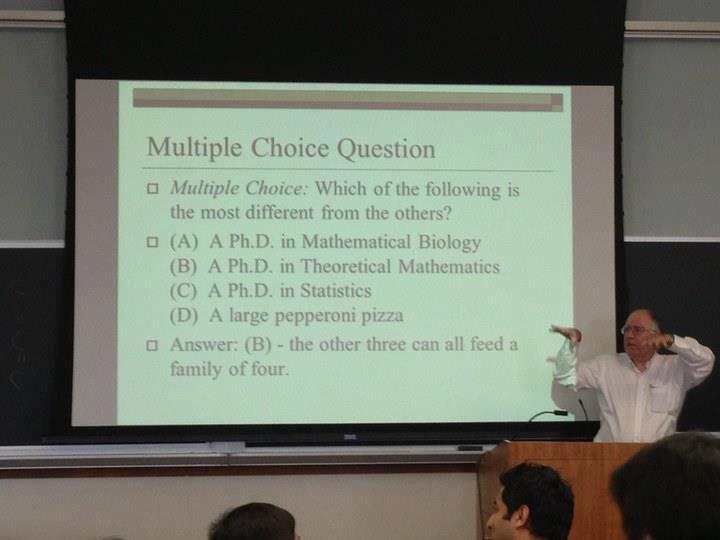I am a software engineer, working in an industry (approximation algorithms, computational lithography, semiconductor manufacturing) completely unrelated to my Math PhD (low-dimensional topology, moduli spaces). Sometimes I wish I majored in Applied Math instead. But then I remember why I majored in Pure Math to begin with and regret nothing.
I don't know about others, but for me going into Pure Math was not about developing a career but about following my intellectual curiosity. That doesn't make much practical sense, but neither does education in Music or Art History. People do that because the subjects are interesting to them, not because their education will be useful to somebody else. Similarly, the topic one one's dissertation should be something of interest to himself, regardless of practical applicability.
That said, education in Mathematics has this odd quality of being useful. Most of the things I do as an engineer involve Calculus, Statistics, Linear Algebra, and a lot of Numerical Analysis and Algorithms, and a little bit of Functional Analysis. Most of the above is a part of any graduate education in Mathematics. The rest could be picked up by an average mathematician in a relatively short time. Computer programming skills (not college level, but industrial quality) would be required too, and, alas, that's not taught sufficiently at Math departments.
Anyway, here's a nice slide that's completely contrary to what I just said:


